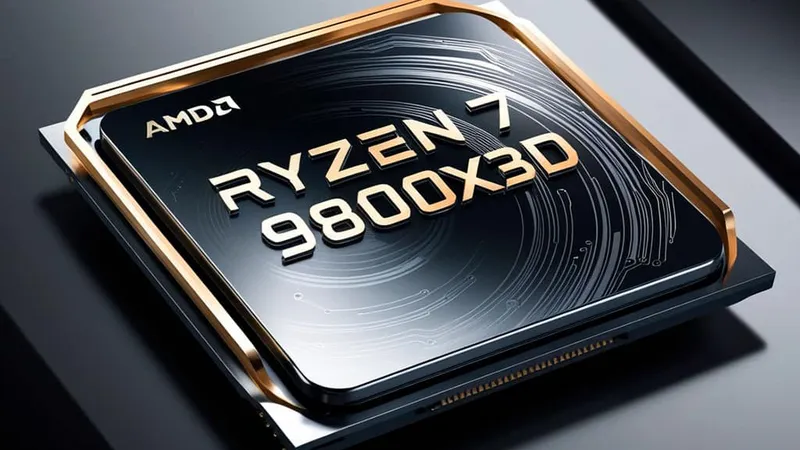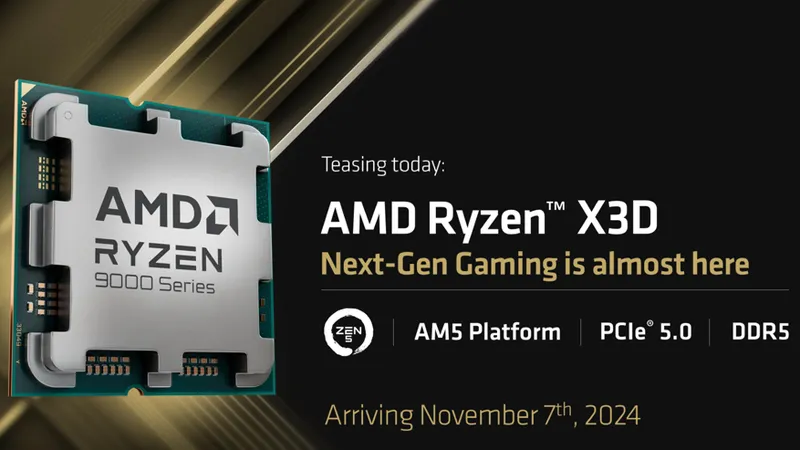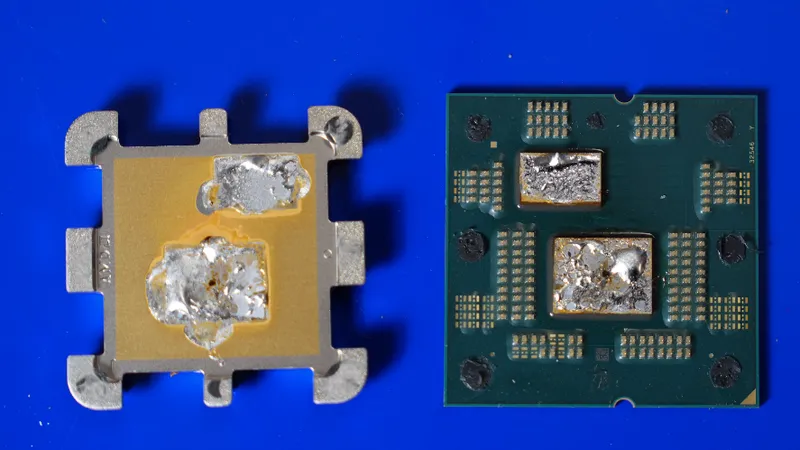Ever since AMD's release of the Ryzen 9 7950X3D - and then the more focused Ryzen 7 7800X3D shortly afterward - the crown of best gaming CPU has been held by AMD's "3D V-cache" processors, which offer a huge increase in fast on-chip memory with the only tradeoff being lower thermal limits and boosting frequency. While not universal, most games react to this chip design with drastic increases to frame rates in both the best- and worst-case scenarios.
AMD's recent launch of Zen 5 CPUs has been largely criticized for having only marginal improvements over the existing Zen 4 despite the improved architecture theoretically lending better single-core performance with improved Instructions Per Clock (IPC).
Right now all we know for sure is that they're on the way, but there's a decent chance that those IPC improvements that didn't make a huge impact on the traditional CPUs could have a more meaningful impact in the power- and thermal-controlled X3D chips.
Jay breaks it down in more detail:


